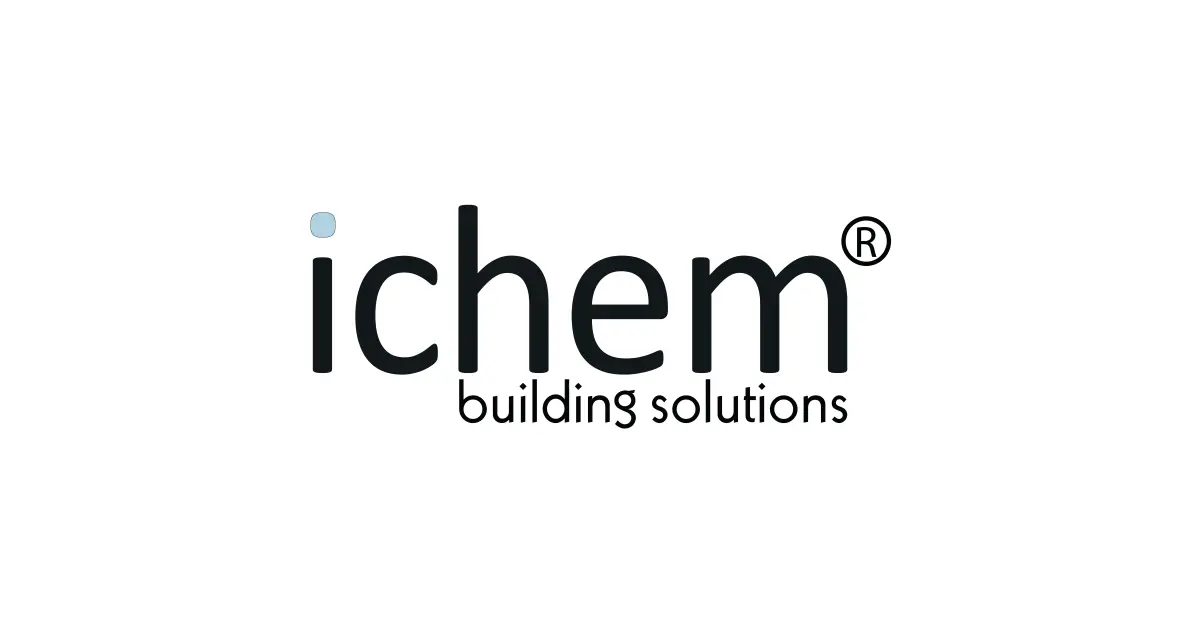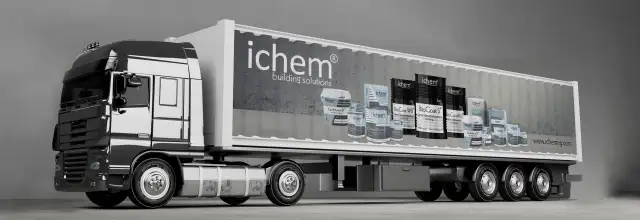
What Are the Best Expansion Joint Fillers in the Egyptian Environment?
Expansion joints are a fundamental element in construction projects, as they help protect buildings, roads, and bridges from cracks caused by thermal changes or mechanical loads. With the Egyptian climate, which witnesses significant differences in temperature between day and night, choosing expansion joint filler materials becomes a strategic decision to ensure quality execution and long service life of the structure.
In this article, we review the most commonly used materials globally and locally, highlighting their advantages and considerations, in addition to the role of specialized companies such as IChem in providing certified solutions according to Egyptian and international standards.
A Simple Example to Understand Expansion and Contraction
When concrete is exposed to high temperatures, it expands, while it contracts when the temperature drops. This behavior is similar to putting a full bottle in the freezer; the water inside expands, causing pressure that may break it. Therefore, expansion and contraction joints are executed to reduce this pressure and protect the structure from cracks.
Common Materials for Filling Construction Joints
Silicone Sealants
Advantages: High flexibility, excellent resistance to water and weather, suitable for small and medium joints.
Considerations: Not suitable for heavy loads, some types may be affected by UV rays, relatively higher cost.
Keyword: Silicone expansion joint.
Polyurethane Sealants
Advantages: High adhesion strength, good flexibility, resistance to corrosion and chemicals, suitable for bridges and industrial floors.
Considerations: Requires precise surface preparation, may be affected by sunlight if not properly treated.
Keyword: Polyurethane joint filler.
Flexible Sponge or Rubber Materials
Advantages: Excellent ability to withstand thermal and humidity changes.
Considerations: Shorter lifespan when exposed to direct sunlight, generally higher cost.
Cork or Flexible Plastic (Backing Rod)
Advantages: Used to control filler depth and reduce cracks, supports sealant efficiency.
Considerations: Must be moisture- and water-resistant to avoid early damage.
Oxidized Bitumen
Advantages: Good water resistance, suitable for large joints and surfaces, economical cost.
Considerations: Less flexible compared to polymeric materials, requires periodic maintenance.
Steps for Executing Expansion Joints
Cleaning the joint from dust and debris.
Installing the backing rod to control depth.
Filling the joint with silicone, polyurethane, or the chosen material.
Finishing the surface to obtain a uniform appearance.
Ensuring sealing against water and dust.
Expansion Joint Supply and Execution Companies in Egypt
When searching for expansion joint execution companies in Egypt or supply and execution of expansion joints, companies such as IChem offer integrated solutions that include:
Supplying internationally certified chemical materials for expansion joints.
A variety of high-quality silicone and polyurethane products.
Technical consultancy and after-sales services.
Competitive prices suitable for the Egyptian market.
📞 Phone: 01022000050
🏢 Address: 22 El-Shaheed Mohamed Abdel Hady Street – Ard El Golf – Nasr City – Cairo, Egypt
🕘 Working hours: Saturday to Thursday: 9:00 AM – 5:00 PM
📱 Follow us on Facebook, Twitter, and Instagram for the latest news and offers.
Practical Tips for Choosing the Right Material
Ensuring that the material complies with Egyptian or international standards (ASTM – BS).
Considering local climatic conditions (temperature variation and humidity).
Choosing water-resistant material, especially in coastal or rainy areas.
For joints exposed to heavy traffic or loads, it is preferable to use polyurethane with metal covers.
Quality of execution is just as important as material quality.
Comparison Between Materials
Material | Advantages | Considerations |
|---|---|---|
Silicone | High flexibility – Water resistant | Higher cost – Not suitable for heavy loads |
Polyurethane | Strong adhesion – Chemically resistant | Requires precise preparation – UV sensitive |
Flexible Sponge | Excellent flexibility – Moisture tolerant | Shorter lifespan in sunlight – Higher cost |
Cork / Plastic | Supports filler – Reduces cracks | Must be moisture resistant |
Bitumen | Economical – Water resistant | Needs maintenance – Less flexible |
Conclusion
Choosing expansion joint filler materials in Egypt depends on the nature of the project, geographic location, and expected loads. Industrial projects and roads require strong materials such as polyurethane, while residential or commercial buildings may be suitable for silicone or other flexible materials.
Relying on a specialized expansion joint execution company in Egypt such as IChem guarantees certified materials and professional execution that achieve the highest levels of safety and quality

